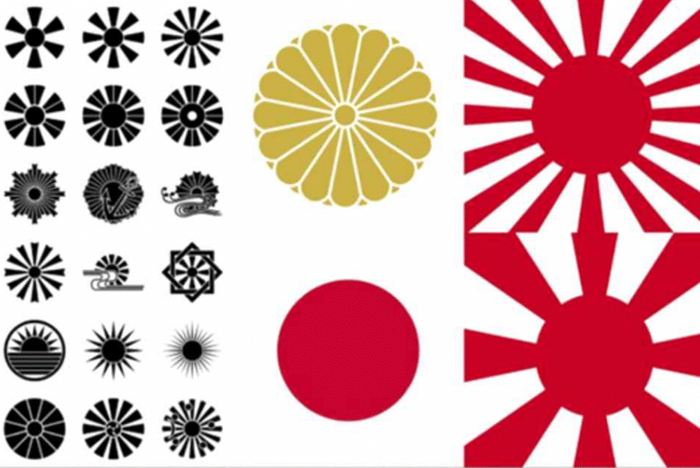Remains of Japanese Imperialism in Jeju’s Schools

In the 20th century, Korea was tragically colonized by Japan for about 35 years. The period from August 1910 to August 15th 1945 is called the ‘Japanese colonial era.’ During this period, the Empire of Japan committed numerous brutalities towards Korea. Over time, many vestiges of Japanese imperialism in Korea have disappeared, but not completely; Jeju is no exception.
In May, Jeju carried out a project to remove the remains of Japanese imperialism in several schools, and an ordinance was enacted in July. Then recently, in late October, a public hearing at the JNU College of Humanities suggested that “vestiges of Japanese imperialism should be removed in a way that succeeds peace, human rights, and the spirit of independence.” The main contents of the public hearing were the production of materials on pro-Japanese anti-national activists, the replacement of school marks which symbolizes Japanese kingdom and school songs produced by pro-Japanese composers, and the removal of the culture and terms used during the colonial period.
Participants suggested that the vestiges should be utilized in producing appropriate educational materials in order to prevent the repetition of history. An official of the Jeju Provincial Office of Education said that they will continue to support the project so that related educational materials can be distributed to schools and determine the way of clearing the colonial remnants.

